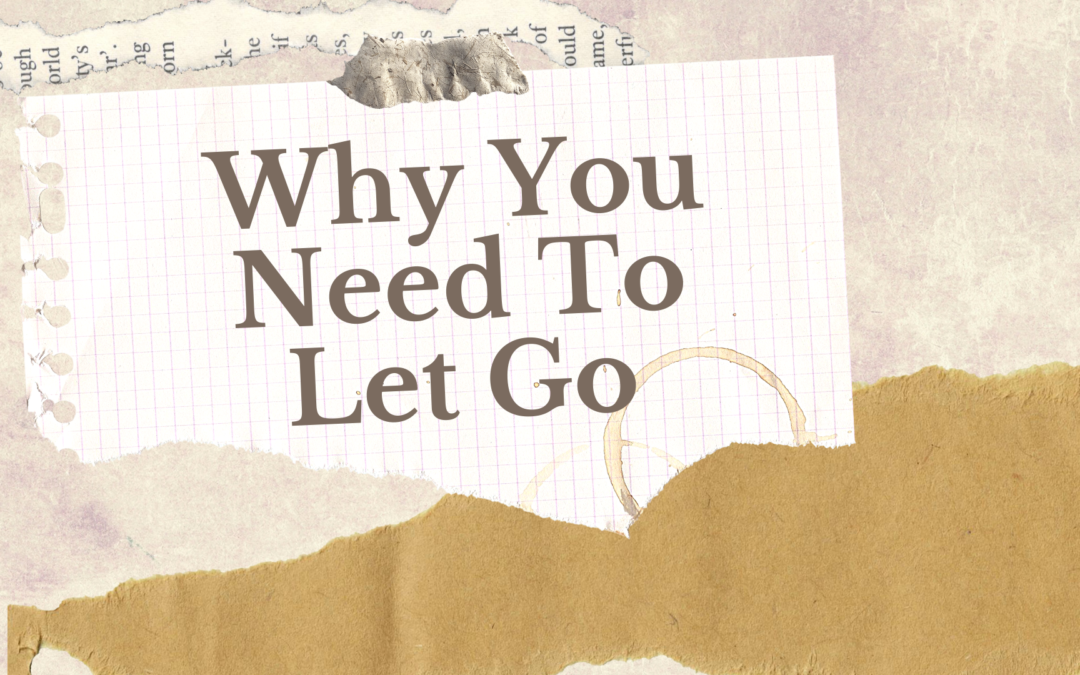Anger is a natural emotion, but it’s important to deal with it in a healthy way.
We’ve all felt it – the heat rising to your face and neck, the knot in your stomach, or the tightness in your chest. Be it someone who’s wronged you, or a situation that’s out of your control, the feeling of anger is all too familiar.
Anger is a very real emotion that everyone experiences from time to time. But how we choose to act on our anger can have lasting consequences for both ourselves and those around us.
Holding onto anger and resentment is like drinking poison and expecting the other person to get sick
Everyone knows just how destructive anger and resentment can be. Once it takes hold, it can leave us feeling hurt, isolated, and unable to move on with our lives. But often the only thing anger brings is temporary relief and greater pain down the road. The truth is that holding onto anger isn’t really hurting the other person; it’s hurting you instead- like drinking poison and expecting someone else to get sick! A far healthier approach is to recognize that lingering bitterness will only hold you back, and take steps to let go of your negative feelings. Only then can you make progress toward forgiving the past, healing your wounds, and living your best life.
Forgiveness is not about condoning the other person’s behavior, it’s about freeing yourself from the pain they’ve caused you
Most of us have had the experience of being hurt by someone, and it can be a tricky situation. Lingering on this pain and anger is damaging to our individual well-being, as well as our relationships. This is where forgiveness comes in; it doesn’t necessarily involve condoning bad behavior or forgetting what happened, but rather allowing yourself to free yourself from the burden of being held by a negative past event. When forgiving somebody for a mistake or misdeed, focus not on how their behavior impacts you, but instead release those negative feelings and forgive them for your own benefit — this will not only give them an opportunity to make amends but also help heal any shared wounds. By letting go of these toxic emotions, we can open ourselves up to healthier relationships with those around us and allow ourselves to get back in touch with our true selves. It’s not a decision made lightly, and it takes courage to let go. So don’t think of forgiveness as a surrendering of justice, but instead as an act of love for yourself that strengthens your relationships and achieves peace of mind in the long run.
Forgiveness doesn’t mean that you have to be friends with the person who hurt you, but it does mean that you’re no longer allowing them to control your life
To forgive a person who has hurt you is to free yourself from the negative emotions and power that they have over you. It does not mean that the relationship between you must be the same, or that you must accept their actions; indeed, it might be sensible to stay away from them to maintain your own safety. Instead, forgiveness allows you to take back control of your life and emotions. You do not let their words and deeds affect how you chose to live day-to-day. External events are no longer in control of your internal well-being. Although forgiveness can take significant effort depending on the context, it is ultimately empowering: it liberates you from negative influences, releasing energy for living. To forgive does not necessarily involve reconciliation with those who harmed us, but it enables us to reclaim our lives in spite of them.
Still haven’t subscribed to my newsletter? Subscribe here to get the blog post in your inbox every Sunday. I’m also gonna talk about stuff randomly there, so make sure you don’t miss out 🙂


Agree – No point in holding this emotion to change chemicals in your body. Let it go.
[…] Fear – Fear is like a warning bell, telling you to get ready. It’s your cue to brace yourself and prepare for the unknown. If circumstances are out of your control, then it might be best just to accept them and let go of any negative feelings associated with fear. There’s no point in holding onto something that harms you. […]